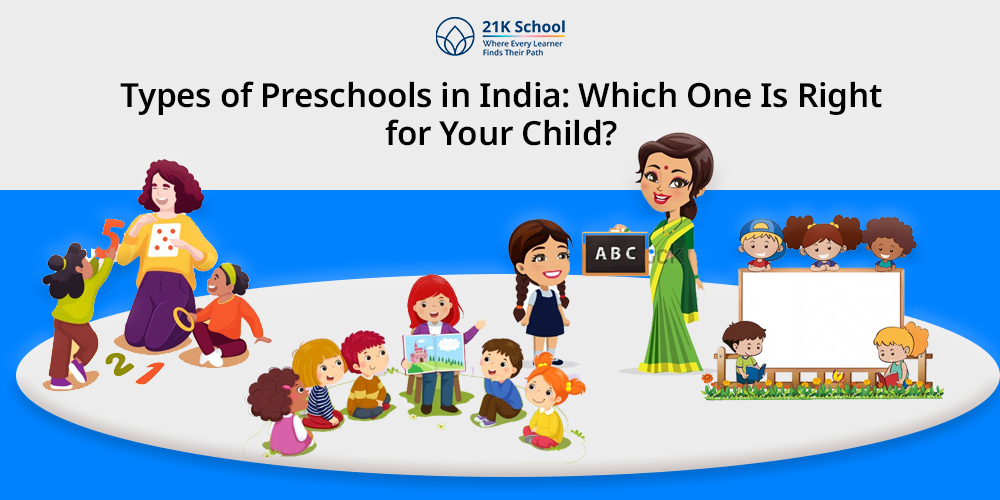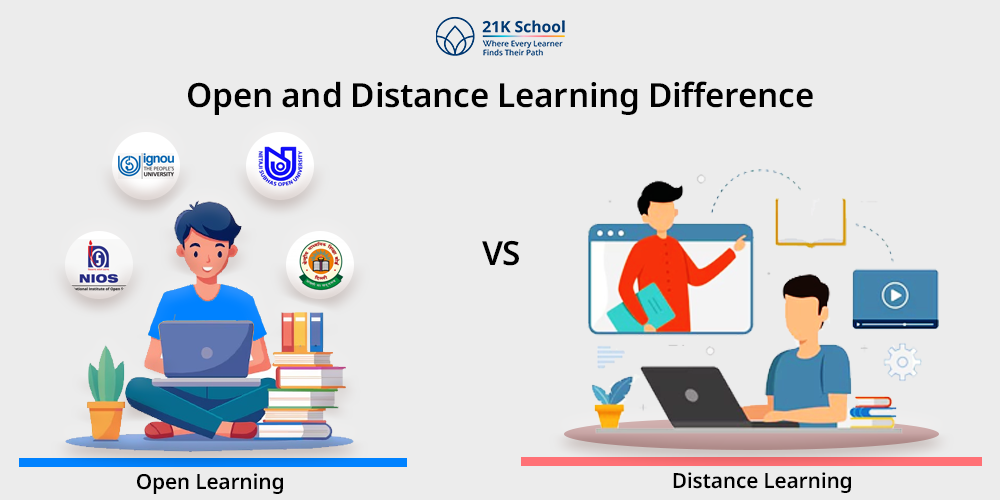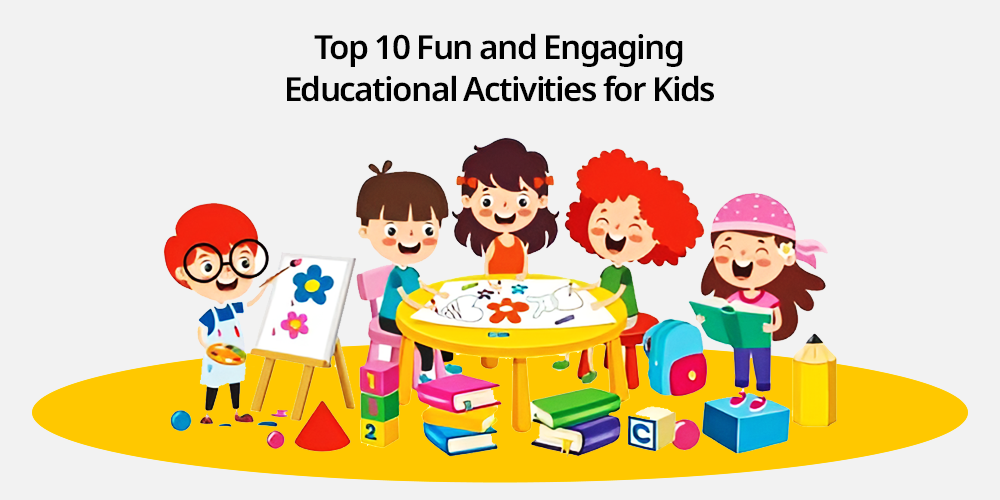
A creative classroom is a great way to engage kids in learning. Including various educational activities in the classroom will seed creative thinking, and will help in cognitive, emotional, and social development.
These activities can be of various types, for instance, hands-on science experiments, arts and crafts, solving mathematical problems, jigsaw puzzles, treasure hunts, and many more.
In this way, kids will interact with their friends and will stay close to nature which can help in developing interpersonal skills, analytical and problem-solving skills.
All these activities for kids will provide them with an opportunity for experiential learning and will build a strong foundation for their academic success and personal growth.
In this blog, we will further look into a range of activities in detail. Let’s have a look at the following activities:
Table of Contents
Top 10 Educational Activities for Kids
Out of different educational activities suitable for your kids to learn and grow, we have listed below some of the most highlighted activities that your kids should try-
1. Teach Easy Maths
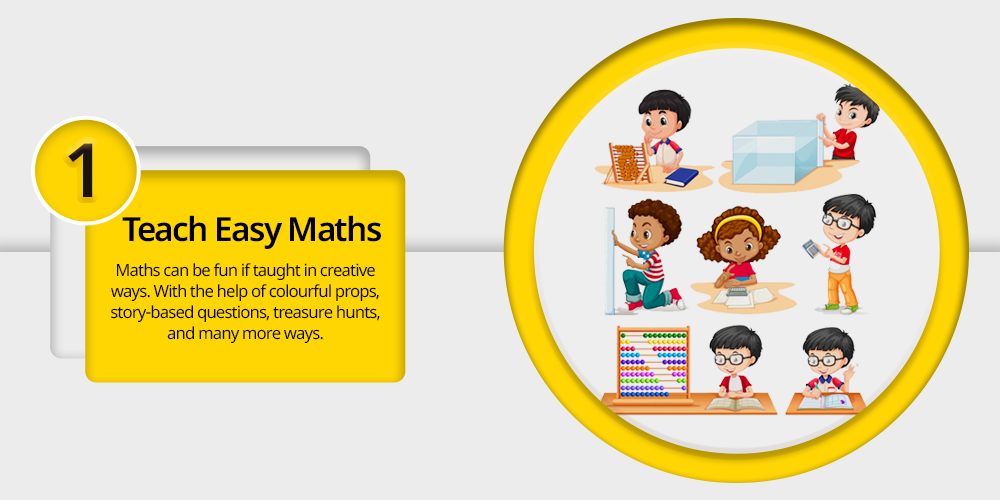
Maths can be fun if taught in creative ways. Usually kids don’t like Math but if it is included in educational activities where indirectly they learn by performing some tasks will help them grasp the fundamental concepts.
These activities can include basic arithmetics, learning about shapes, measurements, and problem-solving.
With the help of colourful props, story-based questions, treasure hunts, and many more ways basic maths can be a part of educational activities.
Also, read Creating “Fun Learning Time” Opportunities at Home to know some of the fun learning activities.
2. Develop Counting Skills
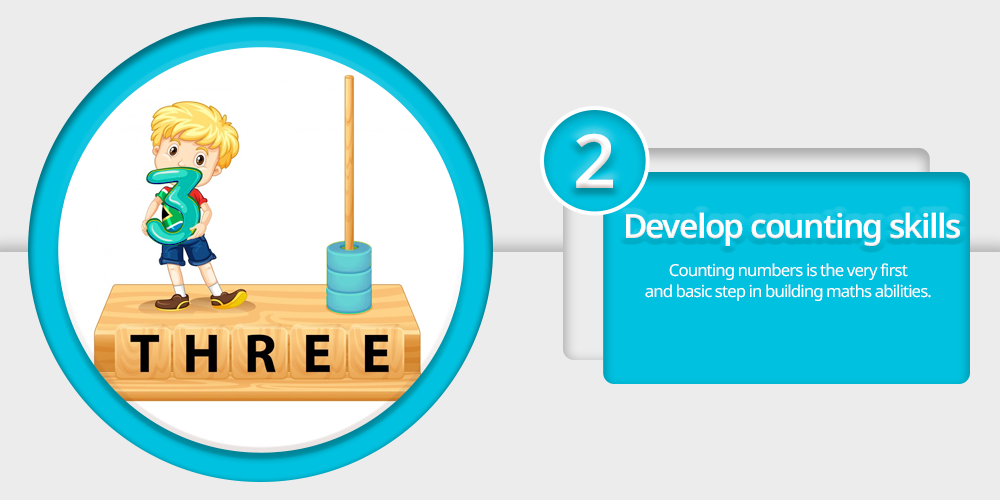
Counting numbers is the very first and basic step in building maths abilities.
Counting numbers will help in recognizing numbers, arranging them, and basic arithmetic operations which builds a foundation for further learning.
This activity can be performed by singing a number of songs or reciting poems like, “Five Little Ducks,” “One, Two Buckle My Shoe, “Ten in the Bed,” or “This Old Man”, engaging them by making different shapes using clay and counting them, counting on music, use a number line, and number hunt.
Along with building a foundation for maths, these activities will also improve problem-solving and language development
3. Plant a Garden
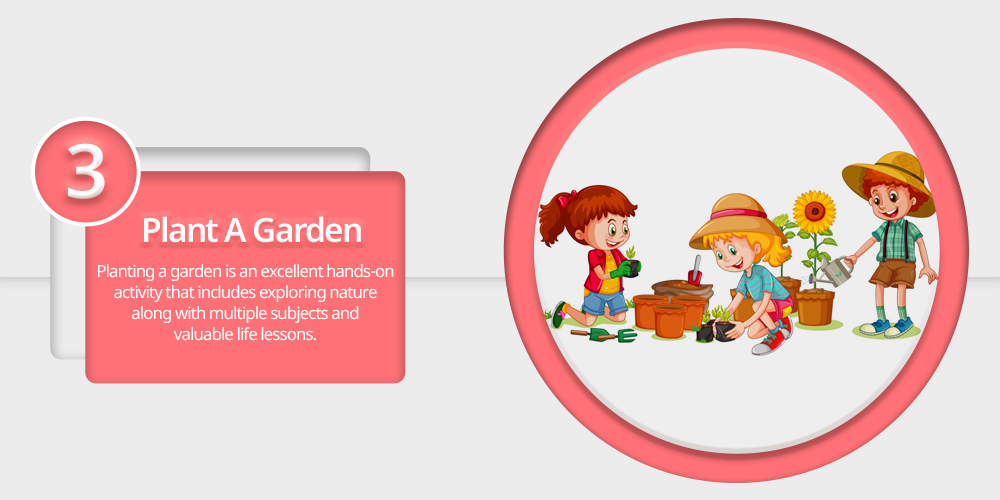
Kids must be taught to appreciate nature and its invaluable gifts. Planting a garden is an excellent hands-on activity that includes exploring nature along with multiple subjects and valuable life lessons.
Maintaining their own mini garden will teach them a sense of responsibility, care and about the environment. This also promotes sustainable education.
Further, this activity can be extended to learn about the life cycle of plants, the importance of the indigenous organisms in the soil, water, air, and sand sunlight, and even maths to check the growth of plants.
4. Egg Drop Challenge
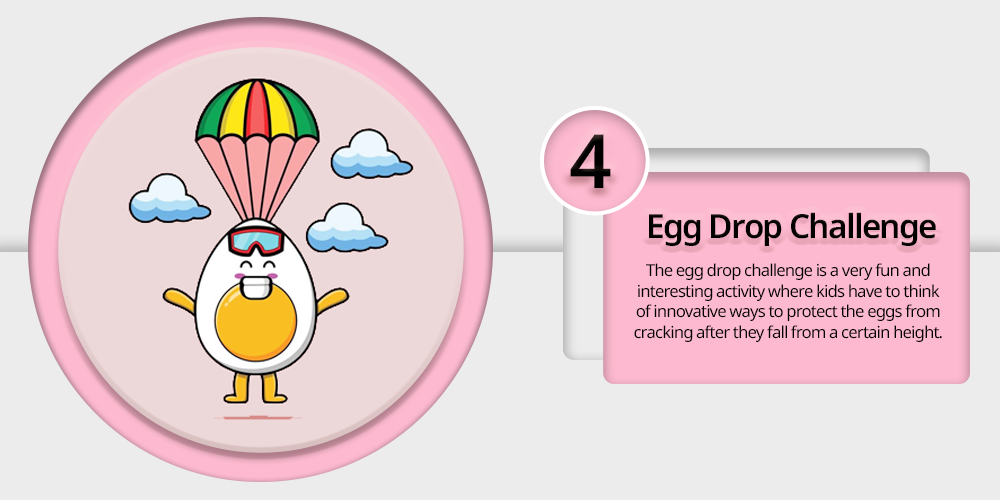
The egg drop challenge is a very fun and interesting activity where kids have to think of innovative ways to protect the eggs from cracking after they fall from a certain height.
It is important to mention various concepts behind this activity like impact force, gravity, shock absorbing material, air resistance, and trial and error.
Arrange all the required materials for this activity like raw eggs, scissors, bubble wraps, cotton balls, measuring tape, and balloons.
Encourage the kids to brainstorm ideas to protect eggs. Help them with their ideas and building models. Finally, set those ideas in an open environment.
It is important to teach them that failing is part of the learning process, no matter how many times you fail, it is important to never give up.
5. Art and Craft Activities
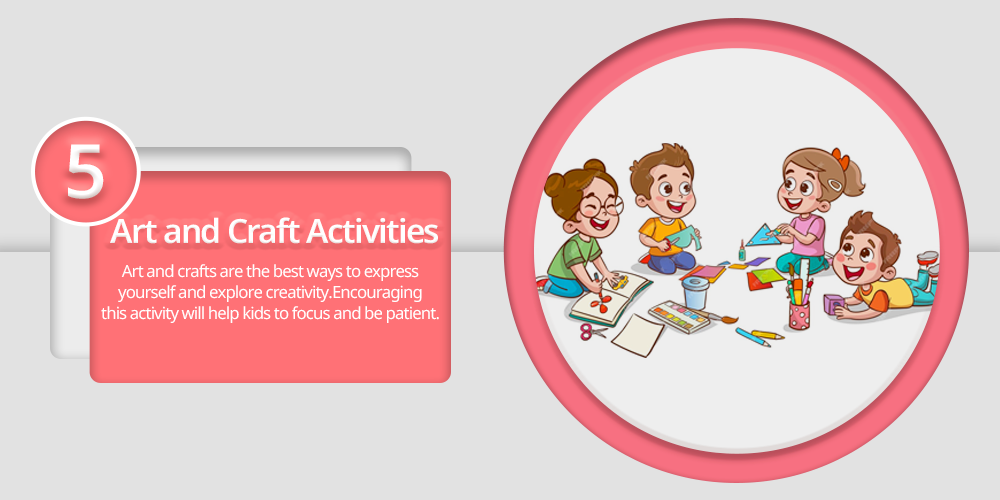
Art and crafts are the best ways to express yourself and explore creativity. Encouraging this activity will help kids to focus and be patient.
Appreciate the creativity they come up with and also try to improve it. This fun activity requires sheets, colours, brushes, clays, scissors, colourful papers, and glue.
Apart from this, they can also learn how to use waste materials like plastic bottles, egg carts, tissue papers, etc. to create something appealing and useful.
This will inculcate innovative thinking in them and will surely be an asset to them in the future.
Have a look at Fun in Learning: How Does It Work? To know how you can add activities in your child’s learning and make it engaging.
6. STEM Activities
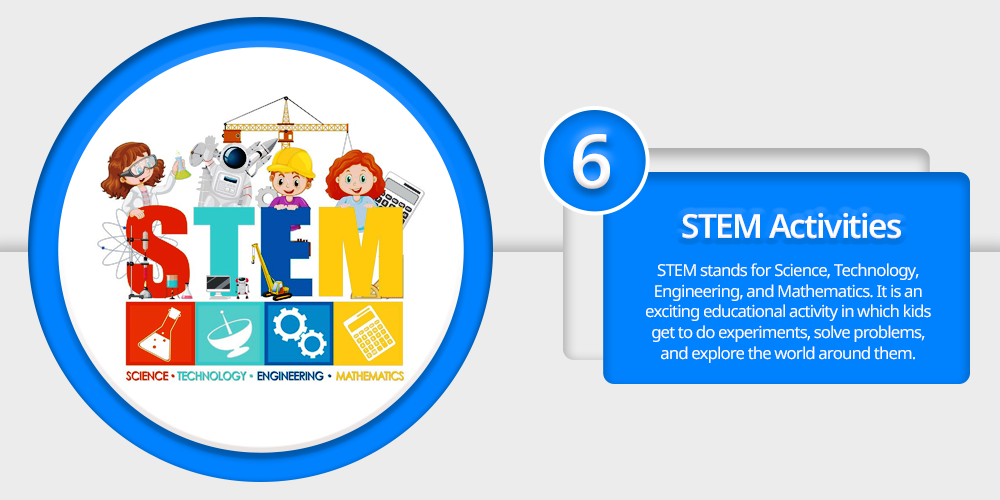
STEM stands for Science, Technology, Engineering, and Mathematics. It is an exciting educational activity in which kids get to do experiments, solve problems, and explore the world around them.
Including STEM activities at the early stage to develop their interest in science and technology. They understand the environment with proper reasoning.
Some of the fun STEM activities are making DIY water filters, Egg drop challenge, homemade sundial, electric circuit using potatoes, and a lot more.
It is always easy to learn by doing hands-on activities. Kids can visualise things and discuss their observations. It helps in building a very strong foundation for their academic success in the future.
7. Help Your Child Improve Vocabulary
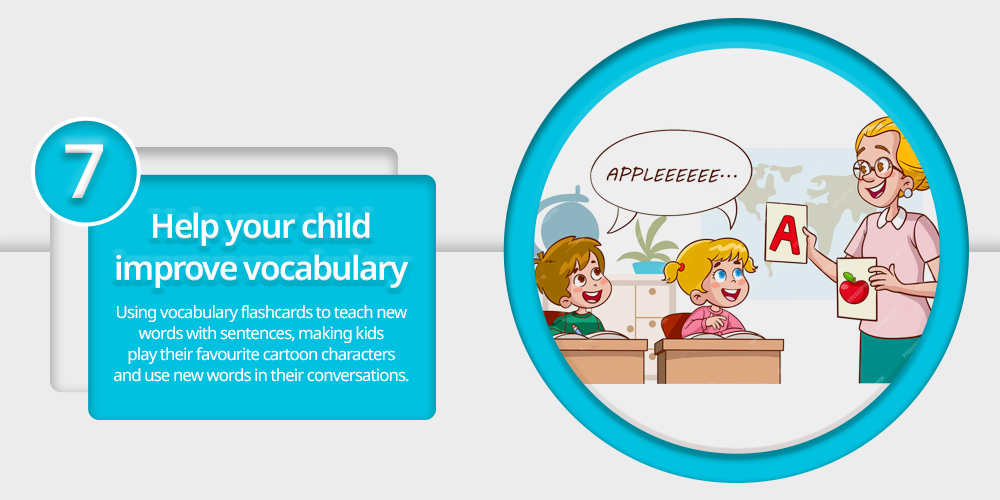
Strong vocabulary is very important for good communication. Encouraging kids to learn words every day in a fun and engaging way is a good activity to build a strong vocabulary.
This activity can be performed by appreciating every student for presenting a “Word of the Day”.
Using vocabulary flashcards to teach new words with sentences, making kids play their favourite cartoon characters and use new words in their conversations, story time with new words, word games and many more.
This will not only help them in learning words but will also build confidence and communication skills.
Read, The Importance of Grammar in English Language to understand the role of grammar for better English.
8. Backyard Treasure Hunt
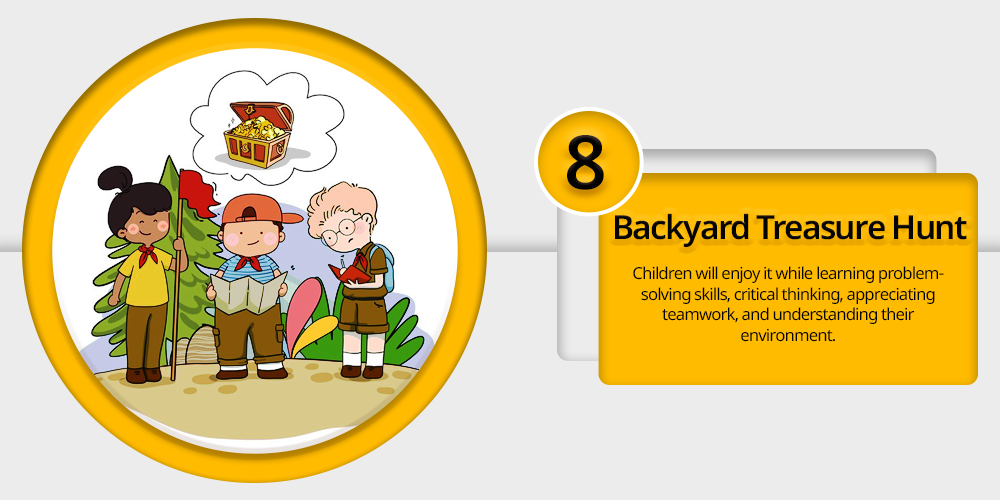
Backyard treasure hunt is a very fun and engaging educational activity.
Children will enjoy it while learning problem-solving skills, critical thinking, appreciating teamwork, and understanding their environment.
It is a versatile activity that can be tailored for different age groups and can be used as an opportunity to connect kids with the elderly and involve them in the game. This will help them learn a lot from friends.
This activity needs a plan (theme), and various innovative clues which can be basic arithmetic operations, new words, picture clues, and many more which will also help in learning while hunting for the treasure.
9. Install Educational Apps
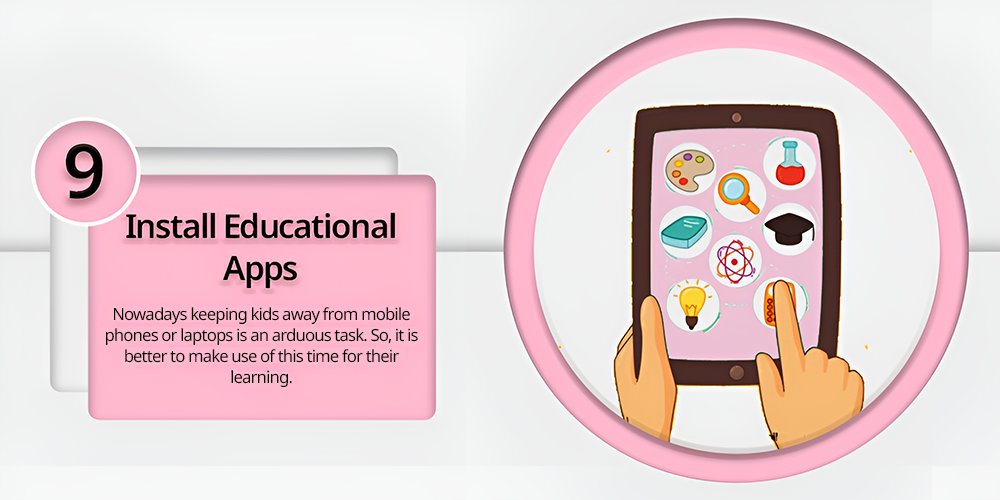
Nowadays keeping kids away from mobile phones or laptops is an arduous task. So, it is better to make use of this time for their learning.
There are various educational apps like Khan Academy Kids, ABCmouse.com, Prodigy Math, Duolingo, and many more which provide a very interactive and engaging platform for learning complex concepts.
More parents can also enable parental control on the device to ensure good content watched by their children.
To know more about some of the renowned educational channel, read, 15 Best Educational YouTube Channels for Children
10. Identify colours
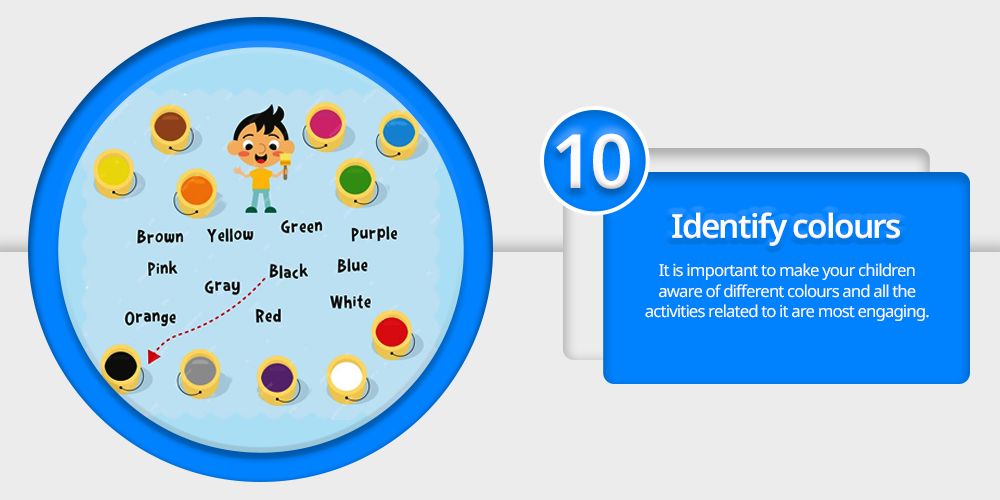
It is important to make your children aware of different colours and all the activities related to it are most engaging.
You can use different colours of balls, flowers, toys, or even take our kids out somewhere and by pointing towards some of the props you can make them understand that this one is Red, Yellow, Green, or whatever it is.
Also, whenever a kid holds something and plays with it, go near him/her and let them know the colour of the object they are holding. This way they can easily learn and gradually identify the colours.
Conclusion
Educational activities play a very significant role in the holistic growth of a child. It nurtures their cognitive, physical, emotional, and social skills.
Various hands-on activities included in STEM, arts and crafts and many more such activities are very interesting and engaging and also encourage curiosity and creativity.
Learning becomes fun with all these activities included. This not only builds a foundation for academic growth but also personal growth. The skills they learn throughout this process are going to serve them for a lifetime.
From making DIY water filters, and creating beautiful drawings and models to engaging in teamwork for treasure hunts, these activities maintain the curiosity level and give them a chance to explore the world around them.
Additionally, the feeling of accomplishment and confidence after the completion of challenges and facing numerous failures teaches them invaluable life lessons.
Seeing their ideas coming to life fills them with contentment and encourages them to do even better.
Ultimately this holistic approach to learning makes this journey very exciting, and engaging a great personal development.

